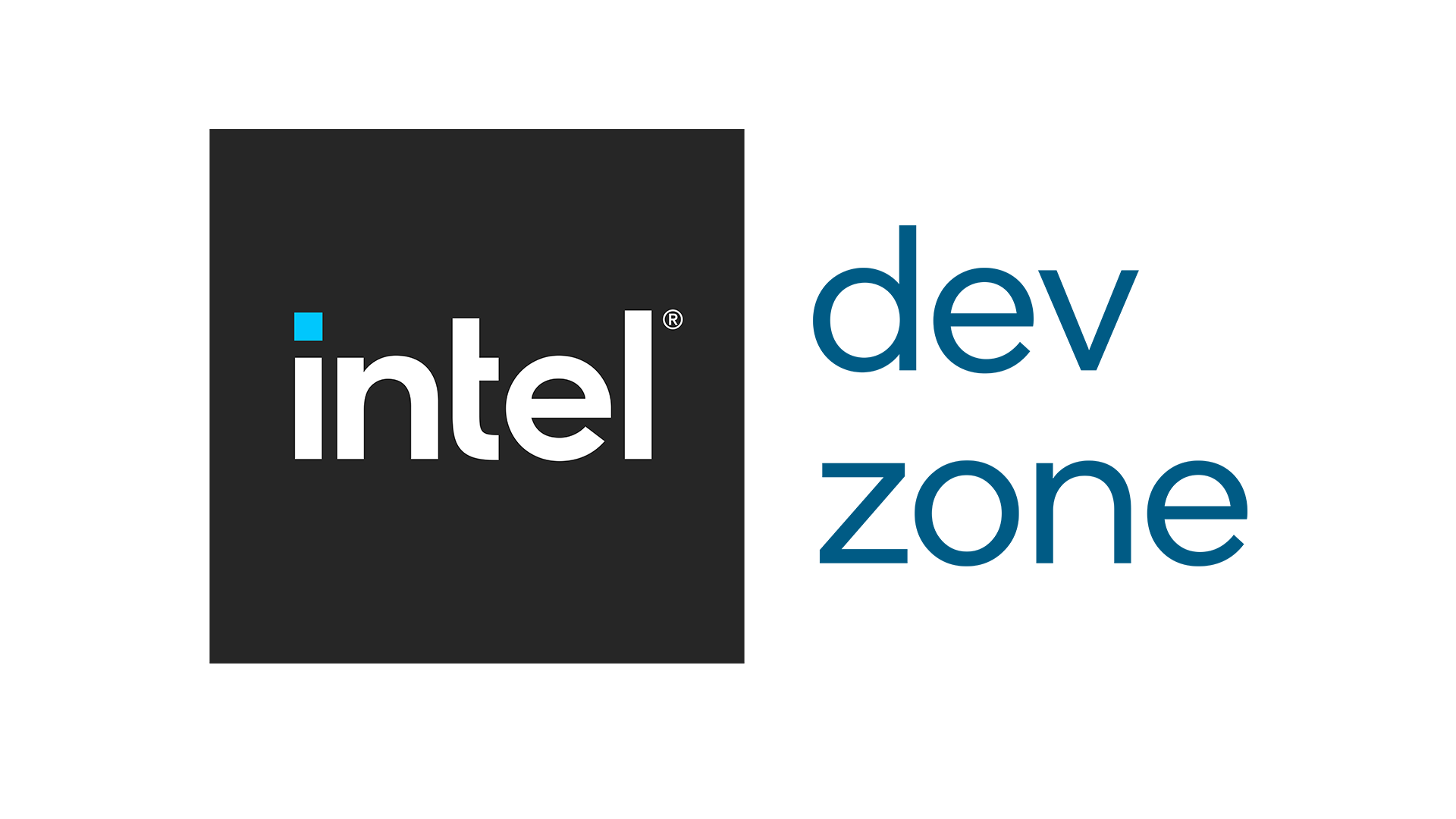Hardware Unboxed put up a response viddy to Steve's a few hours ago:
Breaks down how you'd expect: Tim actually critical, Steve jumping in to water the critique down. His dumb "hey everyone makes mistakes, we do to" defense is a common one I've seen from those desperate enough to try and paint LTT in the best light, thankfully Tim corrected him that it's not simply about fuckups which yes, everyone has - it's how egregious they are, the frequency, and the laughably weaksauce way they're 'corrected', if they are are - there's just no indication Linus even recognizes the scope of the problem and actually wants to change. Like even GN's plea that this hopefully pushes Linus to invoke better practices is being incredibly genteel, their framing that this is a result of Linus being a slave to the content mines is actually very generous! Linus's response to this cements my opinion that he's basically the same guy he started out as - a marketing dweeb for a shady online retailer that makes silly tech videos which are largely promotional fluff like the majority of the tech 'press', and is wholly unsuited in temperament and ethics to gravitate towards actual serious testing and product evaluation. This is wholly a Linus problem.
Steve ending the video by basically
thanking LTT for popularizing PC tech and that he's been a 'net benefit' is pretty pathetic. Overall a weak response that didn't really address GN's critique in any substantial way, and at least from Steve seemed mainly geared to get everything back to the way it's always been and hopefully Linus won't be too mad at him.
Not to mention they didn't touch on the egregious conflicts of interests brought up in the video either. It's not simply calling out 'tech mistakes' ffs. Steve's basic summarization of the event being "Make sure your house is in order before calling someone out!" is basically painting this whole event as existing due to an inappropriate comment by an LTT staffer and hey, reviewing is hard and make sure your ducks are in order before casting stones - but that's not the issue. It may have been the final straw, but it's clear from GN's video that this isn't just interpersonal beef, there has been a longstanding history of negligence and that should
bother you if this is the most popular channel in same space you work in and want respect for. Your response shouldn't be "Well all in all, Linus has made things for the better", you should care about how kind of light this paints the youtube tech industry in.
Steve's responds to Linus's 'response':



